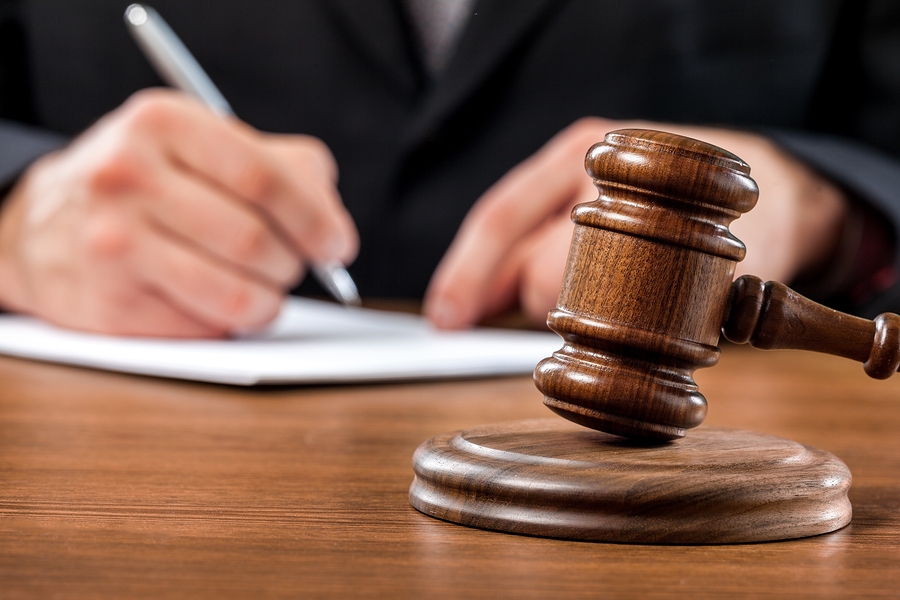
Maryland Quiet Title Bill to Impact Residential and Commercial Property Disputes
- June 29, 2016
- William Heyman
- Comments Off on Maryland Quiet Title Bill to Impact Residential and Commercial Property Disputes
The equitable and predictable disposition of property based disputes is one of the most fundamental responsibilities of a court of law. Courts throughout Maryland and the nation fill this role and hear ranging from problems relating to the title, adverse claims against the land, and landlord-tenant disputes. The courts routinely affect businesses and the lives of individuals through this type of scenario. Thus, it is important for the courts to proceed clearly and through a well-delineated process when the rights to and control over tangible property are at issue.
However, until recently, there were known problems with the Maryland laws governing quiet title actions. Recently The Maryland Land Title Association (MLTA), the Maryland Bankers Association, the Real Property Section Council of the State Bar, and the Maryland Association of Realtors took action to correct this oversight and problem in Maryland law. These organizations proposed legislation known as HB 920/SB 509 – Actions to Quiet Title that will soon go into effect. The law is intended to clarify the law and fix existing problems. It goes into force on October 1, 2016.

What Is a Quiet Title Action and Why Is it Needed?
Before delving into the specifics of the new law it is first important to touch on the foundational question as to what is a quiet title action and when are actions of this type necessary. In short, a quiet title action is typically filed to establish the rights to ownership to a certain property held by an individual. The need for a quiet title action typically arises when there is a competing claim to the title or some question regarding the rights conveyed through the title. For instance, there may be an old lease or mortgages remaining. In other cases, a mistake in the property description may throw the exact rights granted into doubt. In still other instances, an easement or other encumbrance may give rise to the need for legal action to clarify the title and rights conveyed.
What Does Maryland’s Quiet Title Bill Accomplish?
The Maryland quiet title bill was not passed with the intent to change Maryland law. Rather, the bill was passed to codify already existing common law that guides the decisions in quiet title actions. One of the problems that the law seeks to fix is that Maryland law previously lacked a well-defined process by which a quiet title action would proceed. Because of the uncertainty with the process, title examiners and underwriters would sometimes refuse to insure title. The bill that was passed seeks to address this issue by providing clear and definitive elements of what a quiet title action requires. Furthermore, the bill also clearly defines the effect of a quiet title judgment. The main takeaway regarding the effect of a quiet title judgment under this new law is that bona fide purchasers who rely on a quiet title judgment are protected from unknown defects in the title.

Other important aspects of the law include the fact that the law requires both plaintiffs and defendants to certify all facts contained in a quite title action complaint and responses to the facts. The law requires the plaintiff to give a legal description of the property. The defendant is authorized to disclaim his or her interest in the property and the court is authorized to enter judgment without an answer being filed. However, any judgment rendered when a party is in default must be supported by the evidence at a court hearing. The law also sets forth procedures for the indexing and recording of any judgments rendered. Perhaps most interestingly, while the law sets forth the presumption that all judgments are binding on named or unknown parties, an exception is carved out for known interested parties who were not named in the action. Judgment rendered is not binding against parties who were actually known to the plaintiff or who, upon inquiry, would have been reasonably apparent from an inspection of the property to hold interest. Finally, bona fide purchasers are also protected for value from collateral attack on the judgment.
Work with a Baltimore Commercial Property Dispute Lawyer for Commercial & Residential Property Disputes
While the changes ushered in by the new law should be handled relatively well by the court system, any change has the potential to introduce uncertainty into the system. Baltimore commercial litigation attorney William Heyman has more than two decades of experience litigating on behalf of property owners. Mr. Heyman can fight to protect your legal claims and rights. To schedule a confidential legal consultation call the firm at (410) 305-9287 today.
